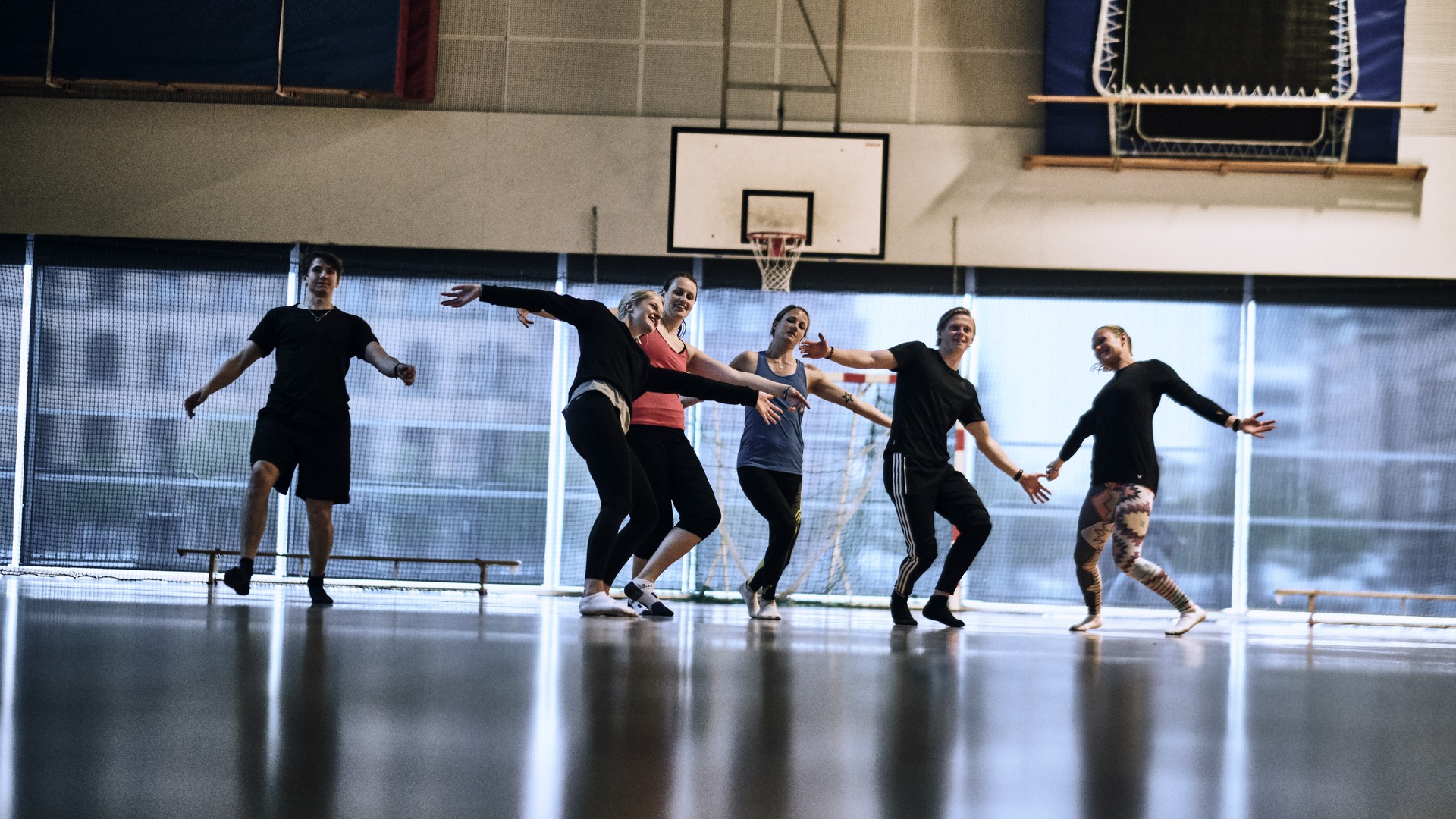EduSinglePage
This course is offered as part of programme:
Course content
Course objectives
The aim of the course is to develop deeper understanding of research methods, with special focus on qualitative methods, and ethical considerations in the field of sport science.
Course contents
The course addresses qualitative methods for data collection and analysis. Scientific texts with a sport science focus are assessed from a methodological perspective. Moreover, ethical considerations and requirements within sport science research are discussed.During the course, the student also develops knowledge about emerging methods within sport science, for example the use of social media, decolonizing methodologies and auto-ethnography.In addition, special emphasis is placed on knowledge and skills to write a project plan for a well-defined sport science research project. This includes identifying and formulating questions within a limited field of interest, and presenting methodological and ethical considerations.
Entry requirements
Prerequisite course for this course is: IV602G Globalisation, Sport and Health
Course literature
Current literature list is available in the syllabus for the course
Course evaluation
Malmö University provides students who participate in, or who have completed a course, with the opportunity to express their opinions and describe their experiences of the course by completing a course evaluation administered by the University. The University will compile and summarise the results of course evaluations. The University will also inform participants of the results and any decisions relating to measures taken in response to the course evaluations. The results will be made available to the students (HF 1:14).



